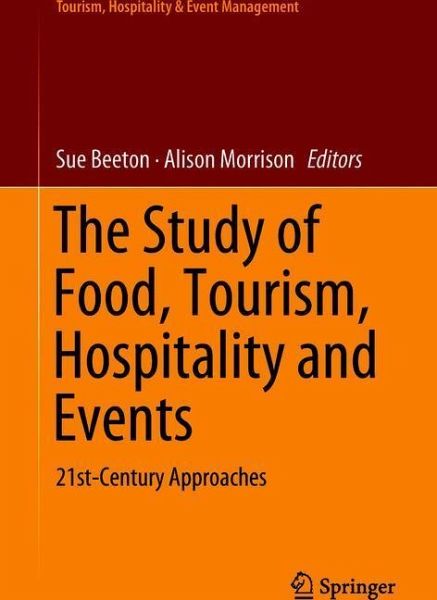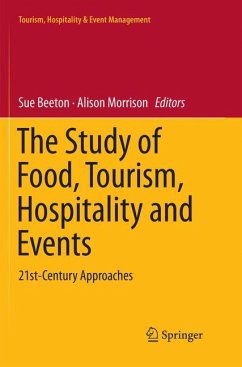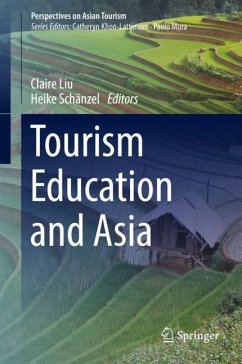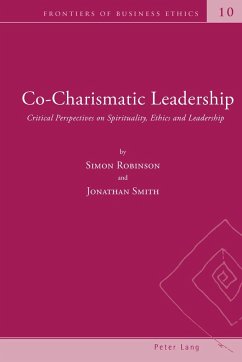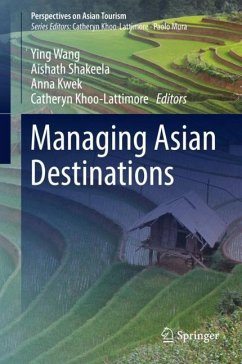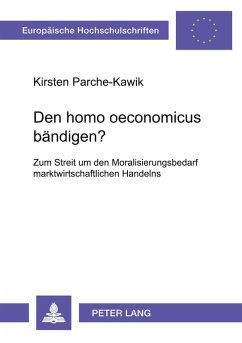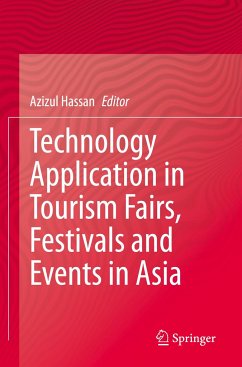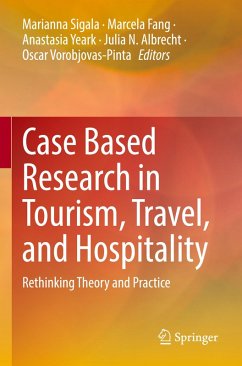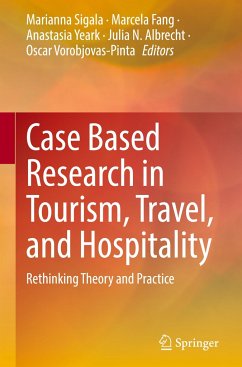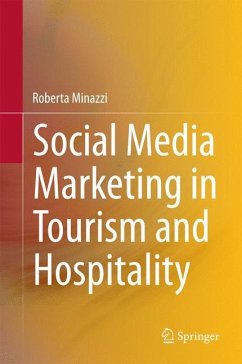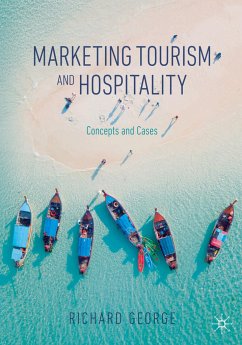Sue Beeton is the Foundation Chair of the College of Eminent Professors at William Angliss Institute in Melbourne, Australia and was previously at La Trobe University for 18 years, where she served as Head of the School of Sport, Tourism and Hospitality Management. She has published widely in the tourism field, particularly in the areas of film-induced tourism and nature-based tourism, as well as tourism-based community development and is a regular Keynote Speaker at conferences from Iran and Israel to Europe, Japan and other countries. She is founder and Past President of the Asia Pacific chapter of the Travel and Tourism Research Association (TTRA) and Executive Board Member of TTRA International. Alison Morrison is an Eminent Professor at William Angliss Institute, Melbourne. Most of her career was spent at the University of Strathclyde where she held posts as Vice-Dean (Research) of the Strathclyde Business School, and Head of the Department of Hospitality and Tourism Management (formerly The Scottish Hotel School). This was followed by a role as Professor of Hospitality at Surrey University, and Head of School of International Business, Victoria University in Melbourne. Alison has published primarily in her specialist area of small and entrepreneurial hospitality and tourism businesses. Within the field of hospitality, key contributions have been made through the co-edited books 'In Search of Hospitality' and 'Hospitality: A Social Lens'. She has taught entrepreneurship in hospitality and tourism extensively overseas at universities in Austria, the Netherlands, Finland, New Zealand, Canada, Hong Kong, Switzerland, Australia, Lapland, Iran and Mauritius.
